I knew all my life that I was “sensitive” and that I picked up on things that others did not. I also knew that my body didn’t handle sensory stimuli the same way other bodies did. I could easily become overwhelmed by itchy clothes, too much noise or strange smells. High emotion in a room could send me over the edge. Why empaths are a sign of new human evolution?
Sometimes if too much input came at me all at once, it would send me into a full-blown panic attack. But it wasn’t until I became a therapist that I came to understand that being an “empath” isn’t just some woo-woo label that New-Agers made up to make themselves feel special.
I learned that my nervous system is actually wired differently than most humans. When I studied Sensory Processing Disorder, everything came together for me like a Big Bang.
Sensory Processing Disorder
“SPD is a neurological “traffic jam”. A person with SPD finds it difficult to process and act upon information received through the senses, which creates challenges in performing countless everyday tasks. Motor clumsiness, behavioral problems, anxiety, depression, school failure, and many other problems that may show up.” ~ From the Start Institute for Sensory Processing Disorder
The Gifted Empath
From here forth, I will refer to “Sensory Processing Disorder” as “Sensory Processing DIFFERENCE”. In my professional view, it’s not a disorder; it’s a manifestation of human evolution. Empaths, Sensitives and those with Sensory Processing Differences may well have abilities that regular people often marvel at, including the ability to sense subtle sound, light, and energy vibration, emotional subtlety and even mystical phenomena.
In recent years, we’ve seen a rapid increase in the numbers of children born with SPD. In my opinion, this is a sign that the human race is progressing toward a superior state. The ability to take in much larger amounts of sensory data is an evolutionary leap for our species.
Read The Science Behind Empathy And Empaths
Quick Checklist: Are you an Empathic SPD Human?
(Note that symptoms can present as both over-sensitivity, or under-sensitivity)
1. Hyper-sensitive to touch: touch may be uncomfortable or ticklish, may avoid tactile stimulation
2. Hypo-sensitive to touch: May crave touch or seek out strong sensory input
3. Difficulty with Self-Soothing: Has trouble calming self, requires lots of outside help to process life’s challenges, irritability, emotional roller coaster
4. Sensory-avoidant behaviors: afraid of heights, loses balance easily, avoids fast movements, avoids hugs and eye contact
5. Sensory-seeking behaviors: craves fast movement, spinning, thrill-seeking, chewing on pens, fingernails,
6. Sensitive to negativity: negative talk, scary stories, violence or cruelty on TV, news, etc…
7. Social Avoidance: Overwhelmed by sensory input in crowds, likes to spend a lot of time alone
8. Hyper-sensitive to noise: Distracted by noise that others don’t notice, fearful of noise, shock at loud sounds
9. Hypo-sensitive to noise: Doesn’t respond when name is called, seeks loud music or TV, makes noise for fun
10. Hyper-sensitive to smell: Offended by body smells, bathroom smells, cooking smells, can smell odors others cannot
11. Hyper-sensitive to sights: Sensitive to bright light, enjoys dimly lit rooms, avoids eye contact
12. Allergies: Sensitivities to food, environment, medications
13. Immune Disorders: Fibromyalgia, Chronic Fatigue, Lupus, etc…
14. Extra-sensory perception: of any kind
16. Mystical experiences: of any kind
17. Inner Conflict: Deep sense of wanting a peaceful world but personally experiences internal turmoil – the two don’t seem to match and it may feel confusing.
If you have a handful of these traits, you are probably an Empathic Human who carries Sensory Processing Differences.
Read 25 Signs You’re A Highly Sensitive Person
Self-Care for Highly Sensitive People
It’s not easy to live as a highly sensitive person. The empathic brain doesn’t filter unnecessary stimuli the way other people’s brains do.
Because of this, highly sensitive people tend to take in MORE movement, MORE voices, MORE flashes of color, MORE scents, MORE feelings, and MORE energy. Empathic SPDs wear out fast.
Their brains use more battery power per minute than the next guy. They tend to get sick more easily than others. Being able to pick up so much sensory and energetic stimulation floods them with more information about the world than other people get – which is FUN! But it can also be exhausting.
If this is true for you, consider abandoning your attempts to fit in and to be like everyone else.
You’re NOT like everyone else – you’re differently-abled.
When you find yourself in an unbearable situation, instead of forcing yourself to suffer through to the point of exhaustion, anxiety or panic, choose to care for yourself in new ways. It’s your right, and in fact, it’s your responsibility to yourself to design your environment in a way that supports your well-being.
Examples of Self-Care
Emotions:
Many Empaths feel other people’s emotion so exquisitely that it can be hard to tell who the emotion belongs to. Practice asking yourself, “Is this feeling mine, or theirs?”
Merging:
Empaths have a tendency to merge with others. Some call it “leaky boundaries”, but this label overlays a negative connotation to something which is actually pretty wonderful. Merging with, and feeling another’s experience isn’t a weakness – it’s a superpower!
Society just hasn’t caught on yet. Take care of yourself by choosing wisely who you merge with.
Read 5 Things That Are Self-Care And 5 Things That Are Not
Sensory Overstimulation:
Just living in your own body can be overstimulating. The feeling of digestion in the belly may be interpreted as a strange, uncomfortable feeling. Pain may be felt more intensely than it is by others. The sound in the ears can be extreme. Being too warm or cold may be too much for the brain to process.
Caring for yourself means learning to read the signs your body is giving you. If your internal sensations feel like too much, take a break and sit alone with your eyes closed in a quiet place for 2-5 minutes.
Read 15 Little Ways To Practice Self-Care Even When You Are Busy
Running Extra Programs:
Living in a body may seem simple enough for most people – a non-issue even. But for you, it may take a certain level of purposefully focused attention just to manage it. Because you are starting out of the gate using more attention and energy to manage internal and external stimuli, it means that less is available for regular life.
Your brain is literally running more programs than the average human being. Self-care means getting enough rest and alone time. You may need more frequent breaks or to work fewer hours than other people.
Love and care for the special body you’ve been given!
You are literally the miracle of human evolution happening right before the world’s eyes! ~ Paige Bartholomew
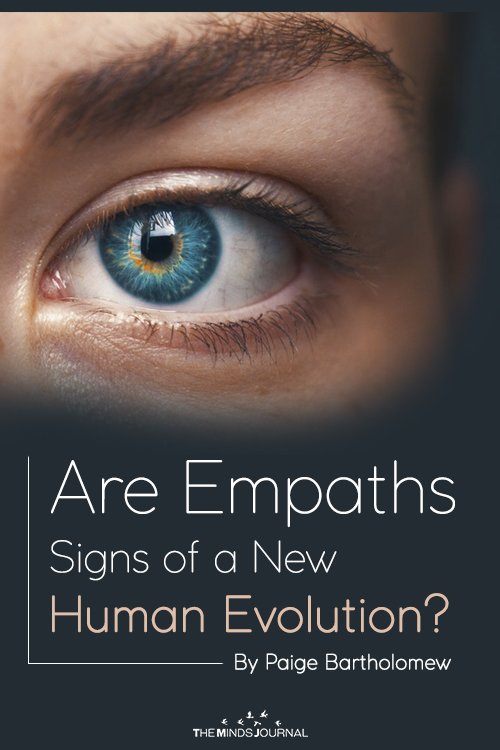
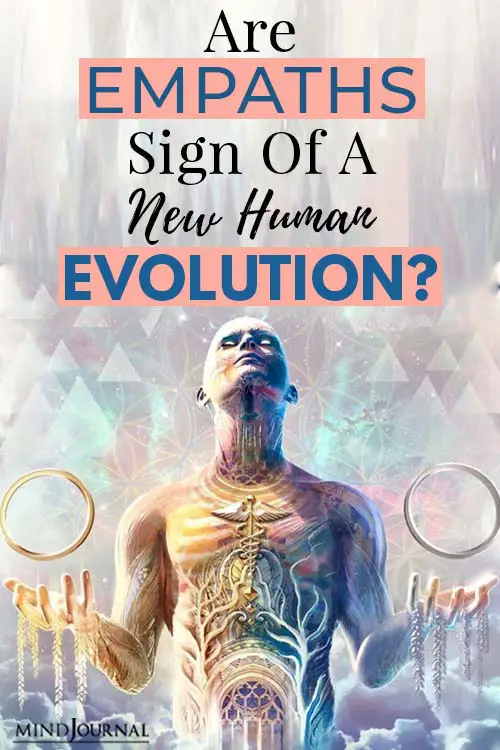
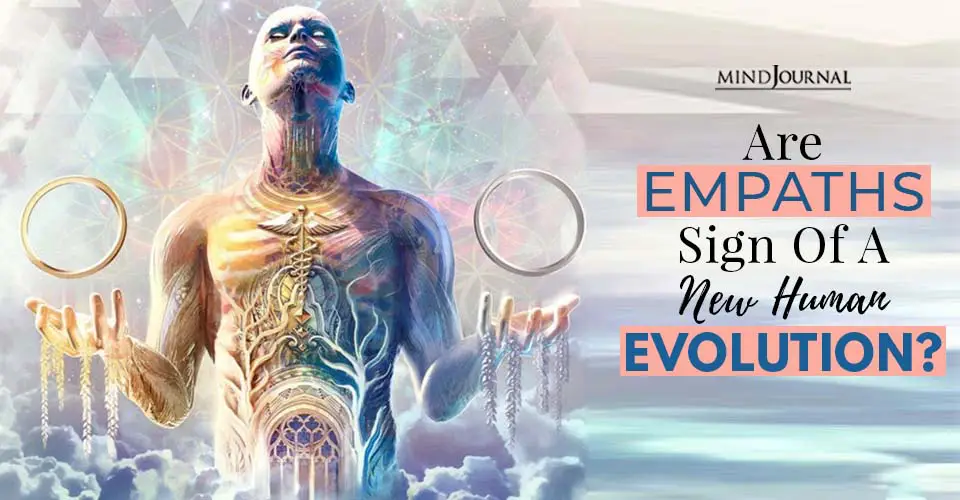
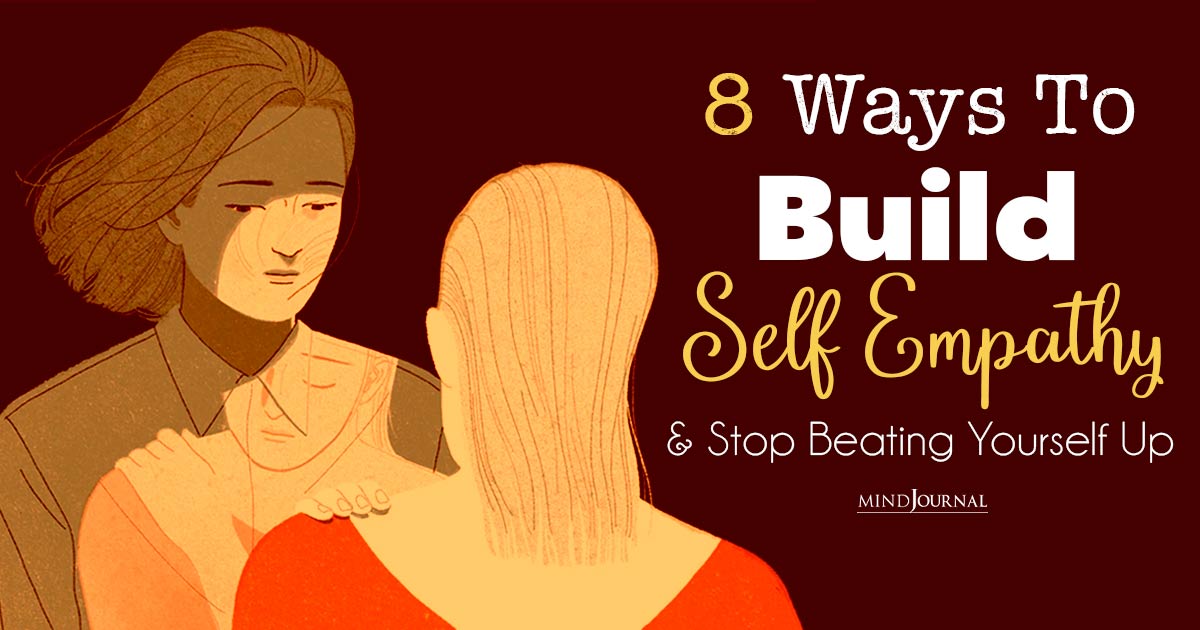

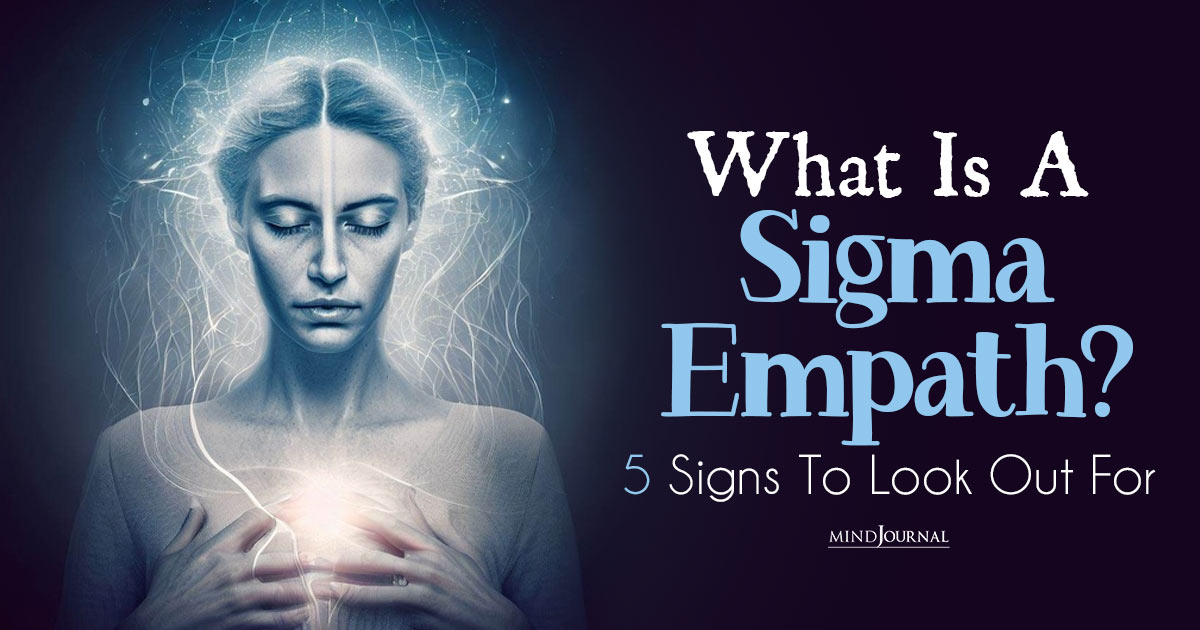
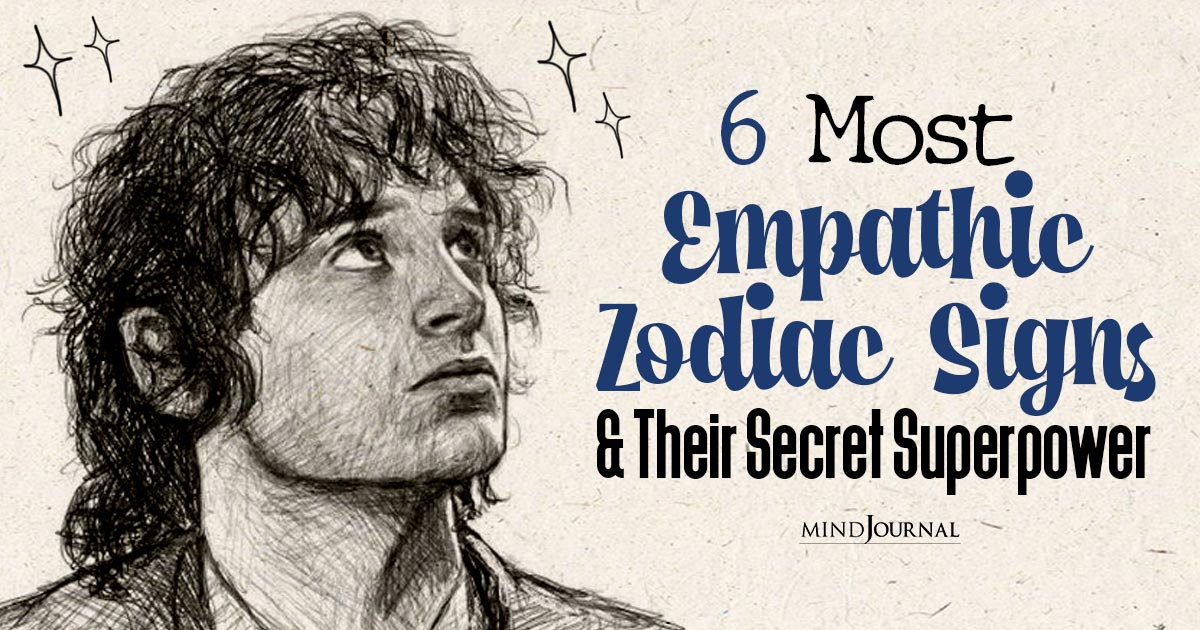

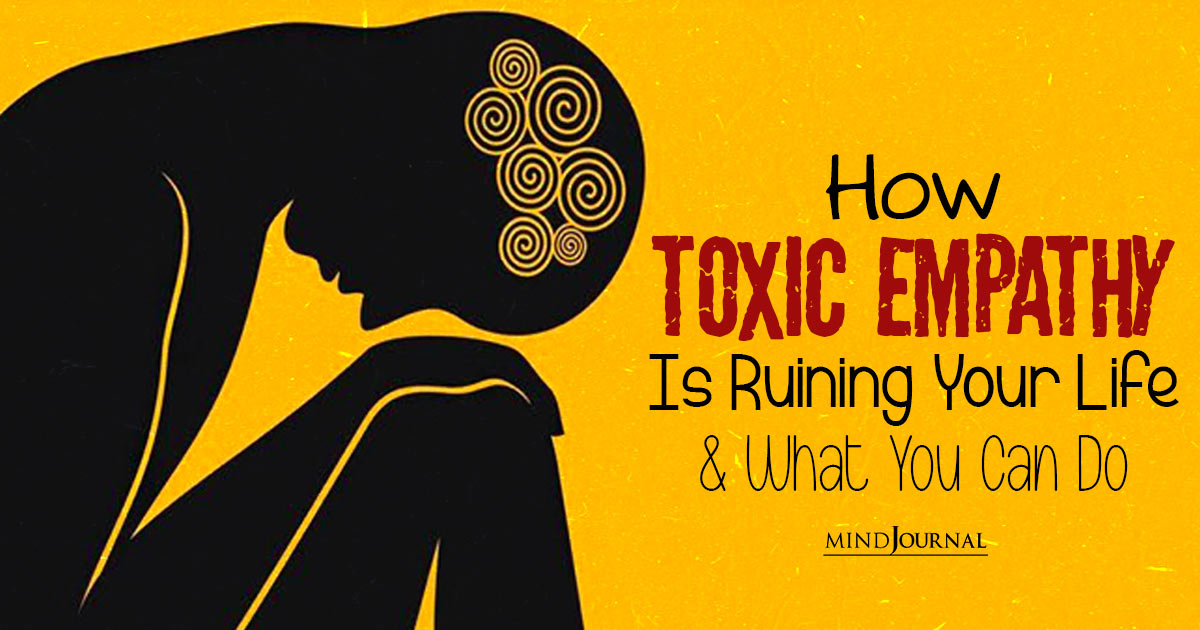
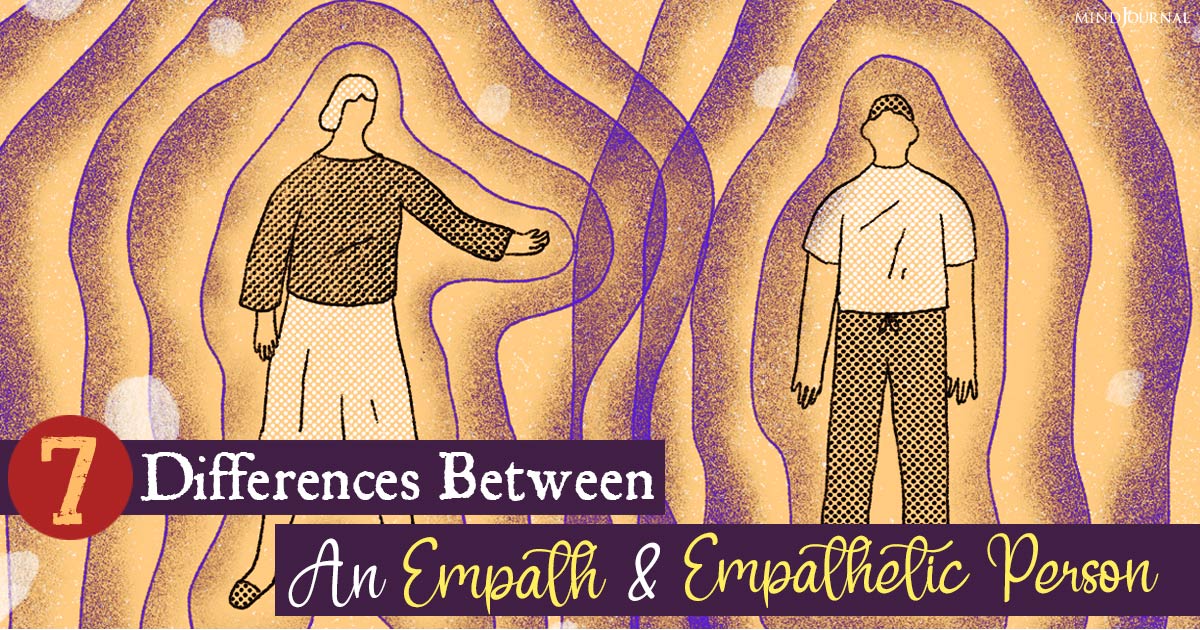
Leave a Reply
You must be logged in to post a comment.